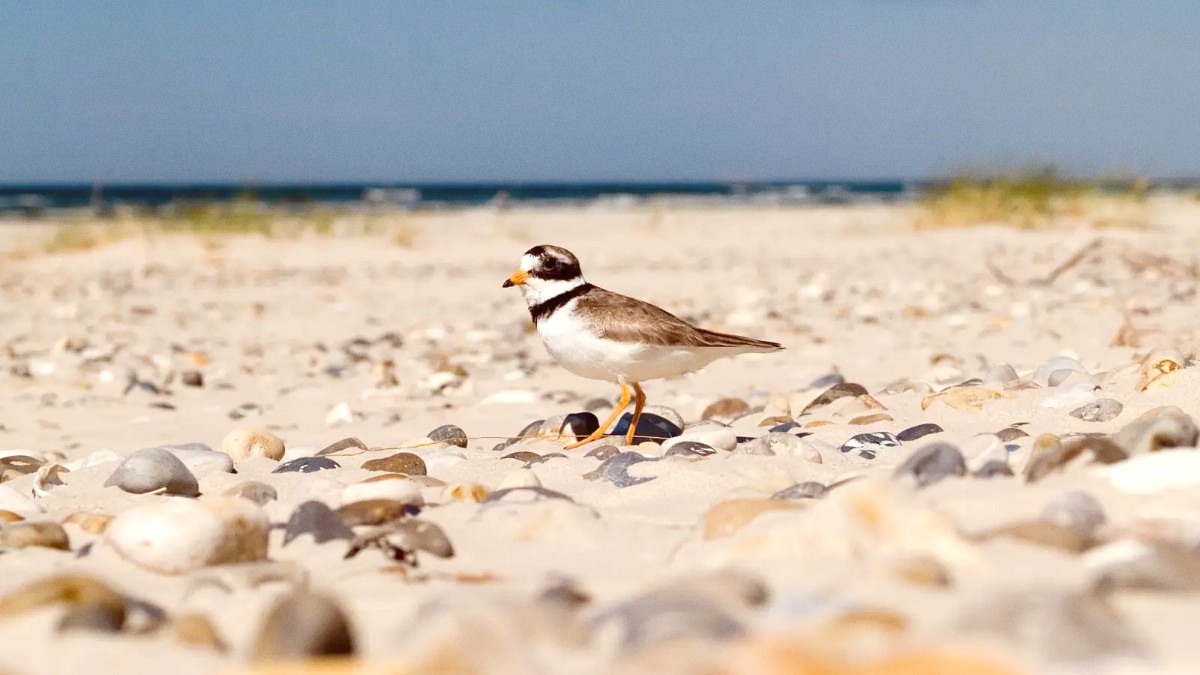
Burundi experiences a tropical highland climate. Temperatures are moderated by its altitude, making it generally more pleasant than low-lying equatorial regions. The Lake Tanganyika basin, around Bujumbura, sees warmer conditions, while mountainous areas are cooler.
Burundi has two main rainy seasons (February to May; September to November) and two dry seasons (June to August; December to January). The long dry season offers the most comfortable weather for outdoor activities, including trekking and wildlife viewing, with cooler temperatures and minimal rain.
Most foreign nationals obtain a visa prior to arrival. Verify current requirements with a Burundian embassy or consulate in your home country well in advance of your trip.
For a smooth entry, obtaining a visa in advance through an embassy or consulate is highly recommended. Some nationalities may qualify for a visa on arrival at Bujumbura International Airport (BJM), but eligibility can change without notice.
Recommended for smoother entry
Verify your nationality's specific visa policy with a Burundian diplomatic mission.
Relying on Visa on Arrival (VOA) carries risks, as eligibility and procedures can change.
Prepare these papers
Valid passport (6 months validity) and recent passport-sized photos.
Mandatory International Certificate of Vaccination against Yellow Fever (Yellow Card).
The official currency is the Burundian Franc (BIF). The exchange rate fluctuates. In early 2024, approximately 1 USD = 2,800 - 3,000 BIF. Use official channels for exchange. Carry newer, clean US Dollar bills in various denominations ($1, $5, $10, $20) as they exchange easily.
ATMs are almost exclusively in Bujumbura and may be unreliable. Credit cards see acceptance in very few establishments. For the vast majority of transactions, cash is the only payment method. Carry sufficient cash (mainly USD) for your trip. Exchange small amounts into BIF as needed.
Approx. $30-$60 (basic guesthouse, local food, moto-taxis).
Approx. $70-$150 (comfortable hotel, mid-range dining, some taxis).
Approx. $180+ (upscale resorts, fine dining, private driver).
Typically $10-$30 per person per day.
5-10% in restaurants. $5-$15/day for guides/drivers.
While generally welcoming, some safety precautions are wise. Petty theft can occur. Be aware of your surroundings, especially in crowded areas. Avoid displaying valuables.
Healthcare facilities in Burundi are limited, especially outside of Bujumbura. Private clinics in the capital offer better services, but standards may not match Western countries.
Crime rates, including petty theft and armed robbery, remain a concern. Exercise heightened caution in crowded areas, markets, and less-developed neighborhoods, especially after dark.
A comprehensive travel insurance policy for Burundi is highly recommended. Ensure your policy covers aspects of travel safety.